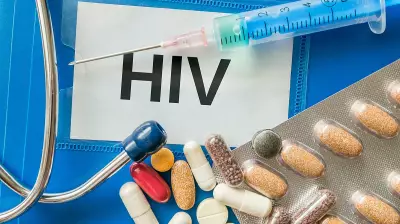
In a startling revelation that could change pregnancy guidelines worldwide, scientists have issued a stern warning about alcohol consumption during pregnancy. Contrary to popular belief that occasional small drinks might be harmless, new evidence confirms that even minimal alcohol exposure can permanently damage a baby's developing brain.
The Unseen Danger in Every Sip
Researchers emphasize that there is no safe threshold for alcohol consumption during pregnancy. The developing fetal brain is exceptionally vulnerable to alcohol's neurotoxic effects, which can disrupt crucial developmental processes occurring throughout all nine months of gestation.
How Alcohol Harms the Developing Brain
The damage occurs through multiple mechanisms:
- Neural cell death - Alcohol triggers programmed cell death in developing brain cells
- Disrupted connectivity - Interferes with how brain cells communicate and form networks
- Altered brain structure - Can cause permanent changes in brain anatomy and organization
- Impaired neurogenesis - Reduces the formation of new neurons
Long-Term Consequences for Children
The effects of prenatal alcohol exposure aren't always immediately apparent but can manifest as children grow older. These may include:
- Learning difficulties and poor academic performance
- Behavioral problems and poor impulse control
- Memory and attention deficits
- Social skills challenges
- Increased risk of mental health issues
Why 'Just One Drink' Isn't Safe
Many women believe that occasional light drinking poses little risk, but scientists explain that the placenta offers no barrier to alcohol. Whatever alcohol circulates in the mother's bloodstream directly reaches the developing baby, whose immature liver cannot process alcohol effectively.
A Clear Message for Expectant Mothers
The research team stresses that complete abstinence during pregnancy is the only guaranteed way to prevent alcohol-related brain damage. They recommend that women who are planning pregnancy or could become pregnant should avoid alcohol entirely, as brain development begins before many women realize they're pregnant.
This groundbreaking research provides the most compelling evidence to date that when it comes to pregnancy and alcohol, no amount is safe. The findings underscore the importance of clear communication between healthcare providers and expectant mothers about the very real risks associated with any level of alcohol consumption during this critical period.






